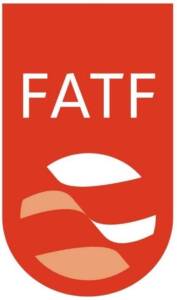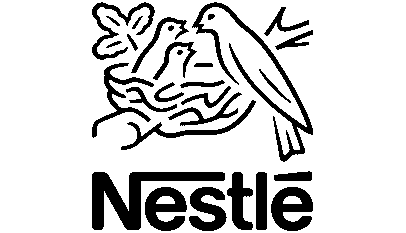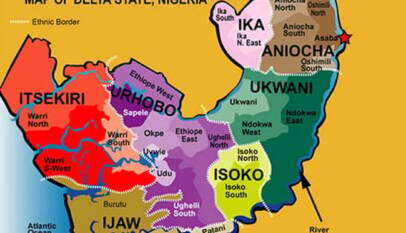Spaces for Change, Compliance Institute lead talks on financial inclusion, FATF Recommendation 8

Chinedum Ukaegbu
Following Nigeria’s recent removal from the Financial Action Task Force (FATF) gray list, stakeholders from across the financial and nonprofit sectors have convened to chart a new path toward stronger financial integrity and inclusion.
The workshop, themed “Effective Implementation of FATF Recommendation 8 by Banks and Other Financial Institutions in Nigeria,” was organized by Spaces for Change (S4C) in collaboration with the Compliance Institute of Nigeria, bringing together representatives from commercial banks, microfinance institutions, fintechs, mortgage banks, regulators, and law enforcement agencies.
Executive Director of Spaces for Change, Mrs. Victoria Ibezim-Ohaeri, emphasized that Nigeria’s delisting from the FATF gray list reflects the country’s growing commitment to strengthening its financial system.
“Nigeria has just exited the gray list, and the country is in a very happy mood,” she noted. “One of the reasons for this success is our demonstrated effectiveness in improving the integrity of both our financial systems and the nonprofit sector, which plays a vital role in our economy.”
She explained that the workshop is designed to help financial institutions better understand the operational realities and challenges faced by nonprofit organizations (NPOs).
“The essence of this engagement, in line with FATF Recommendation 8, is to identify the issues that make it difficult for NPOs to operate within the financial system—whether they stem from compliance processes, risk assessments, or anti-money laundering measures. Together, we can build solutions that ensure transparency, accountability, and inclusion,” she added.
Member, Charity and Security Network (USA), Ms. Ashleigh Subramanian-Montgomery, described the initiative as a model example of multi-sector collaboration.
“This training is significant because it brings NPOs, banks, and compliance professionals into one room to learn from one another’s experiences. I’m impressed by the strong participation of Nigerian banks—it shows a deep commitment to understanding and solving challenges of financial exclusion and de-risking,” she said.
She also congratulated Nigeria on its FATF gray list exit, noting that the achievement could unlock new opportunities for foreign direct investment, humanitarian aid, and international trade.
“Financial integrity and open civic space are complementary goals,” she stressed.
“Both can thrive together when transparency and trust are strengthened.”
Chief Executive Officer and Registrar of the Compliance Institute of Nigeria, Mr. Bawo Egbakhumeh, highlighted the strategic importance of the discussion for compliance professionals.
“This dialogue is crucial because it helps us align global standards with local realities,” he explained.
“As compliance professionals, we conduct enhanced due diligence on nonprofit organizations, but the question is—are we applying the risk-based approach objectively and with empathy?”
He emphasized that the workshop would help financial institutions “rethink and relearn” the implementation of FATF Recommendation 8 to ensure both compliance and inclusion.
“Applying a risk-based approach with empathy ensures that legitimate nonprofit organizations are not unfairly excluded from the financial system while maintaining the integrity of our anti-money laundering and counter-terrorism financing efforts,” he said.
Participants agreed that continued collaboration between the financial sector, regulators, and the nonprofit community is essential to sustaining Nigeria’s post–gray list reforms.
Anambra State emerges Nigeria’s fiscal champion, thanks to Soludo’s innovation policies
Stanley Ihedigbo Anambra State, under the incredible leadership of Governor Charles Chukwu…






